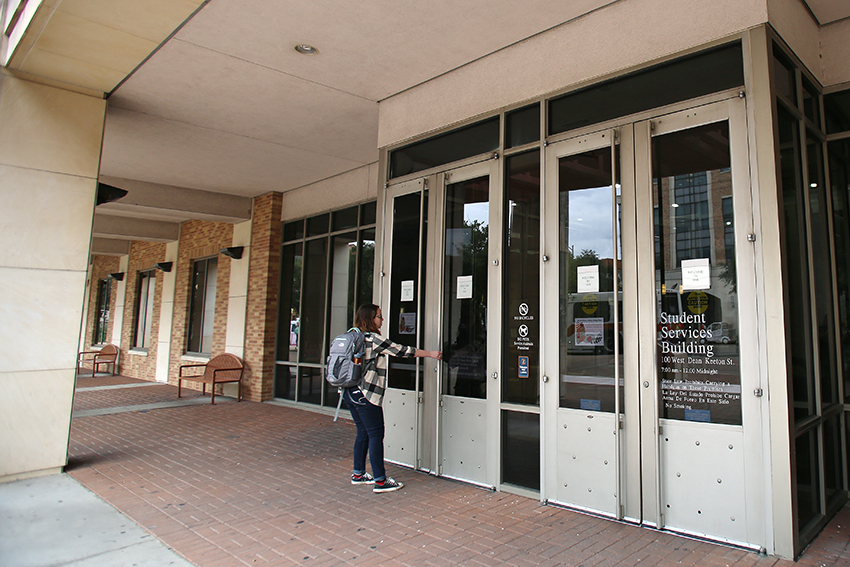This week in our Daily Texan Forum page, we will hear from Voices Against Violence member Mia Goldstein, who is discussing filling the endowment for the Voices Against Violence Survivor’s Fund. The endowment, in existence since 2005, is structured to give financial resources to survivors of sexual violence so they can use the money to rebuild and move on from those destructive incidents. However, the endowment cannot be accessed until all $25,000 is appropriated — something which Voices Against Violence is hoping to accomplish this year.
We will also hear from Sergio Cavazos, the president of Senate of College Councils. In his piece, Cavazos argues for easier rules governing registration on campus — the oft-maligned system is usually a very stressful experience for students, and Senate of College Councils is hoping to change that. One of their potential suggestions is to allow students to see the number of students who are on a course waitlist before joining it, allowing Longhorns to choose classes more realistically, instead of clinging to hope that they’ll be allowed into a class.
But these articles, in my mind, point to a larger issue with the University of Texas. As tuition rates are set to rise yet again, the University claims this is to close a budget gap that is faced each year. But why hasn’t more been done to control the amount of administrative expenses that the University accrues every year?
More basically — with a campus of 50,000 students, is it not problematic to have more than 15,000 staff members? That question is not for me to answer. But the University could take steps to modernize and streamline a bureaucracy that is oftentimes deeply frustrating instead of raising tuition for students. And with a tuition increase now codified by the Board of Regents, perhaps the University will allocate at least some of the tuition increase into services that benefit students directly.
Modernizing the registration system, removing the $10 fee paid per transcript and boosting contributions to causes like the Survivor’s Fund would be a great first step. Increasing funding to the CMHC to hire more counselors to serve students with mental health needs should also be a priority, along with investing more money in hiring top-notch faculty — which will be especially important in light of the deeply unpopular campus carry law, a headache for administrators which will be implemented in August.
The University of Texas remains a top-tier university with tuition rates much lower than many of its peer institutions, as UT Spokesman Gary Susswein noted in a Texas Tribune article last year. However, that does not absolve the University from an obligation to streamline its services and provide more resources to students who need them. While the University faces difficulties of their own with low economic support from the state legislature, it must do more to provide for students and support ideas to make student lives better.
Fountain is a government senior from Pelham Manor, New York. Follow him on Twitter @wf_atx.





















